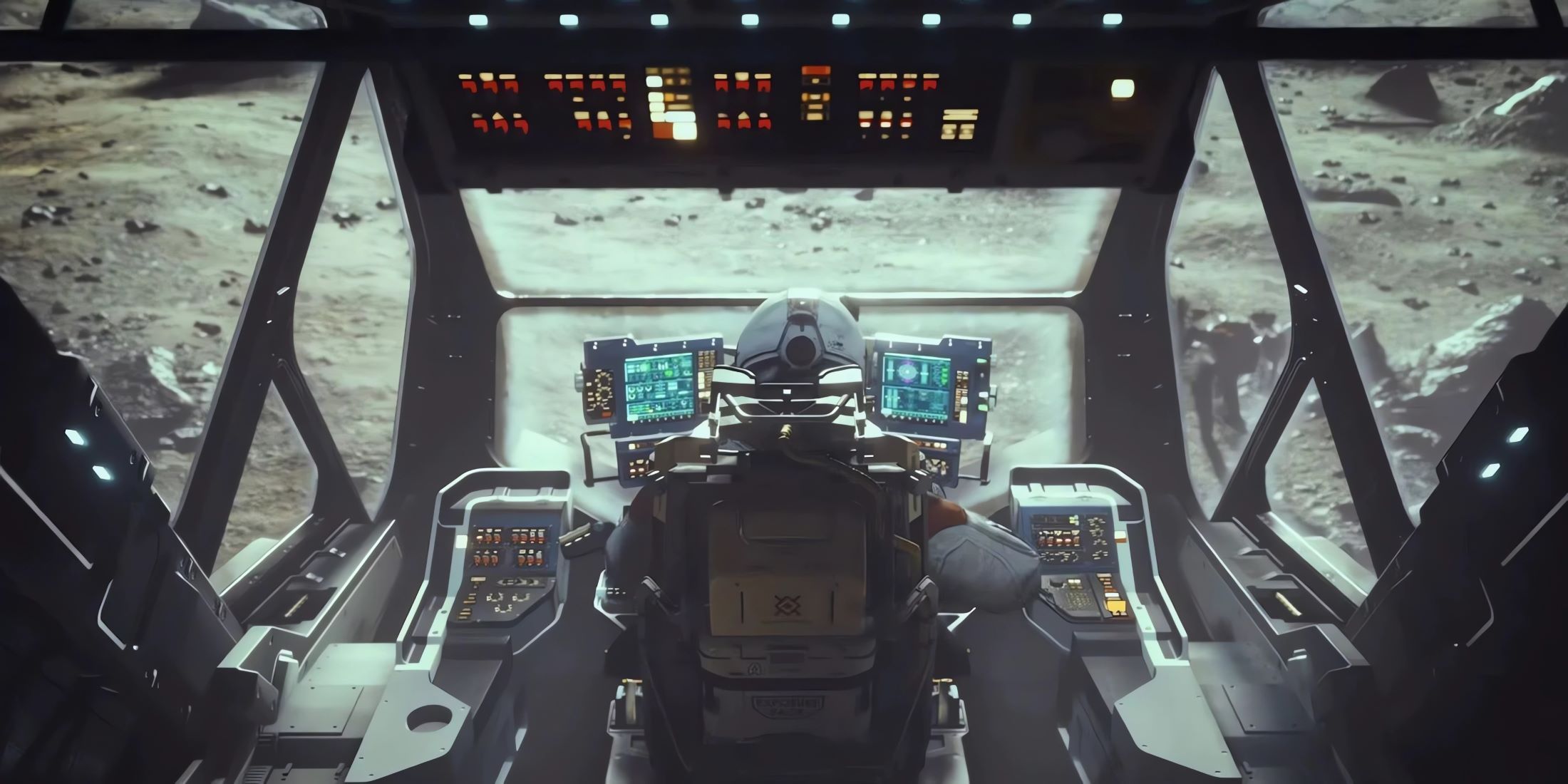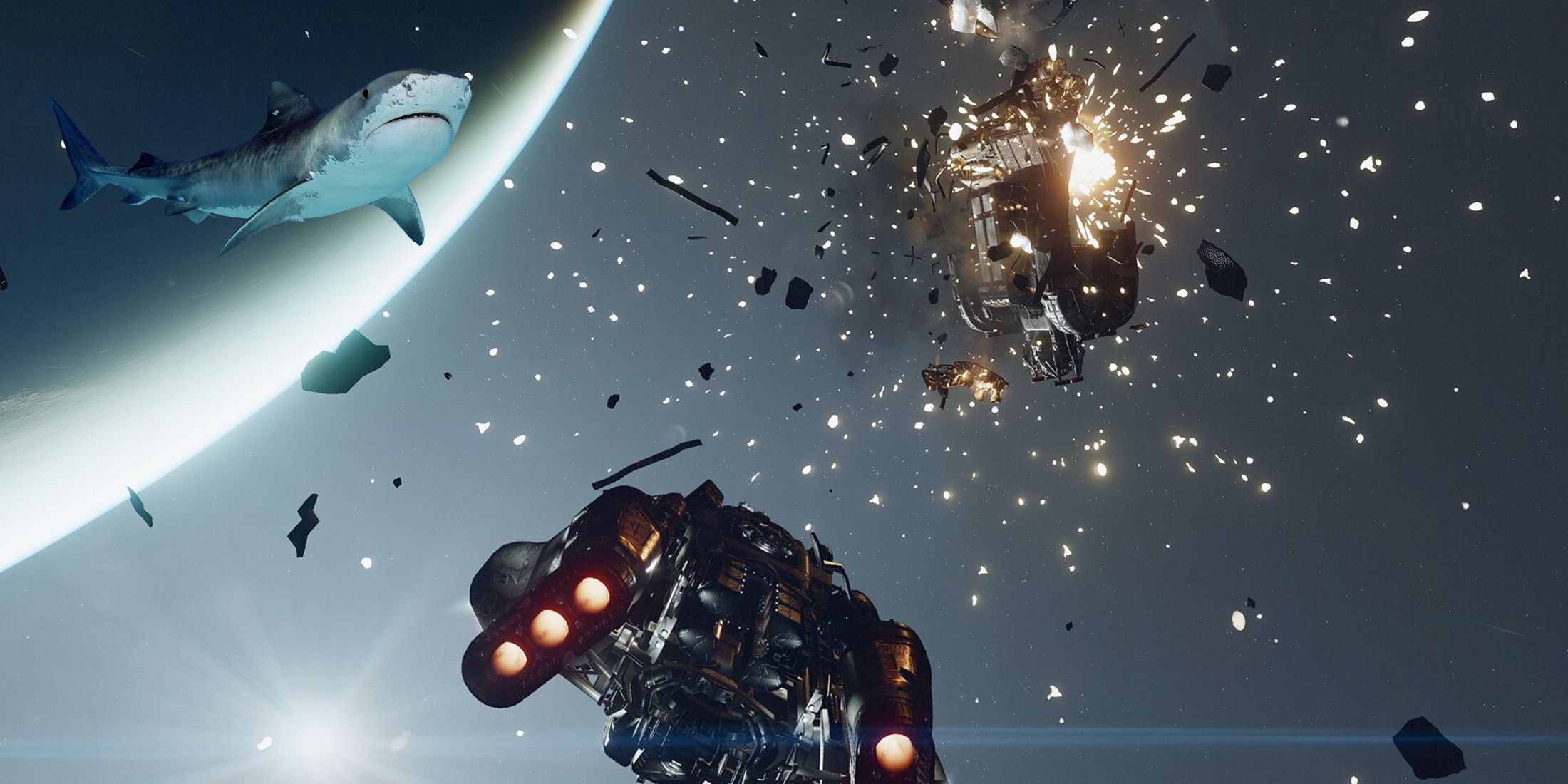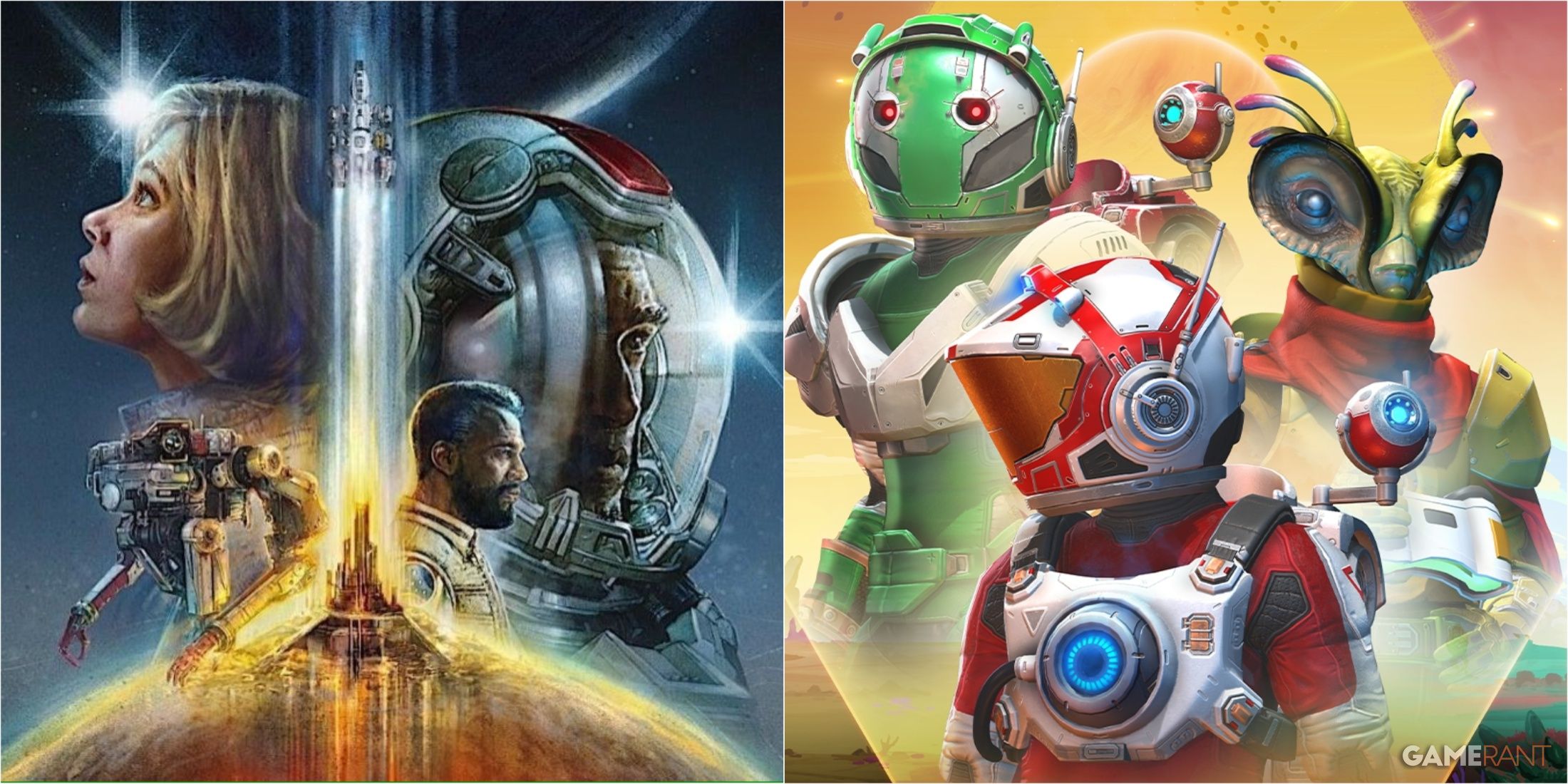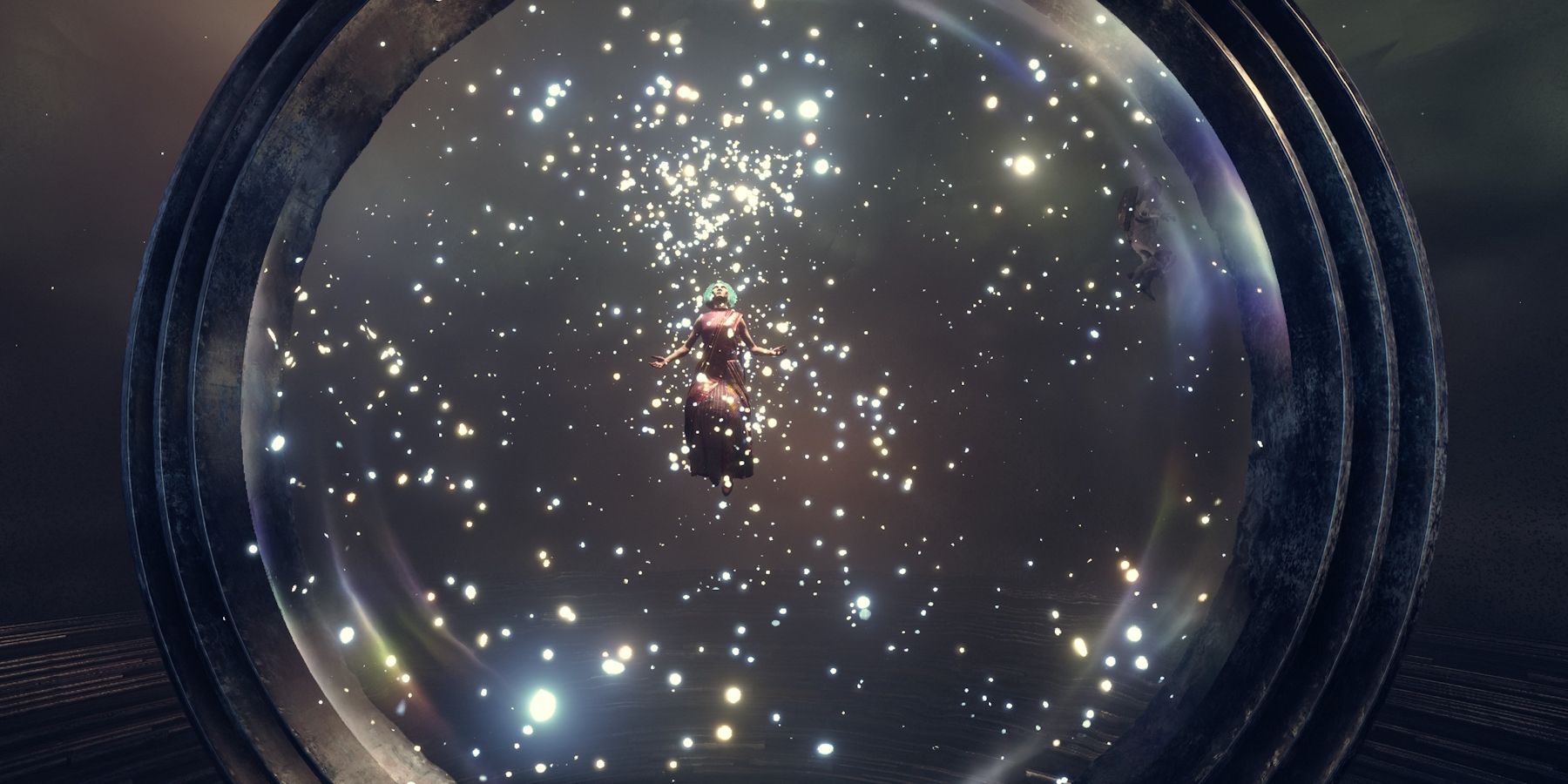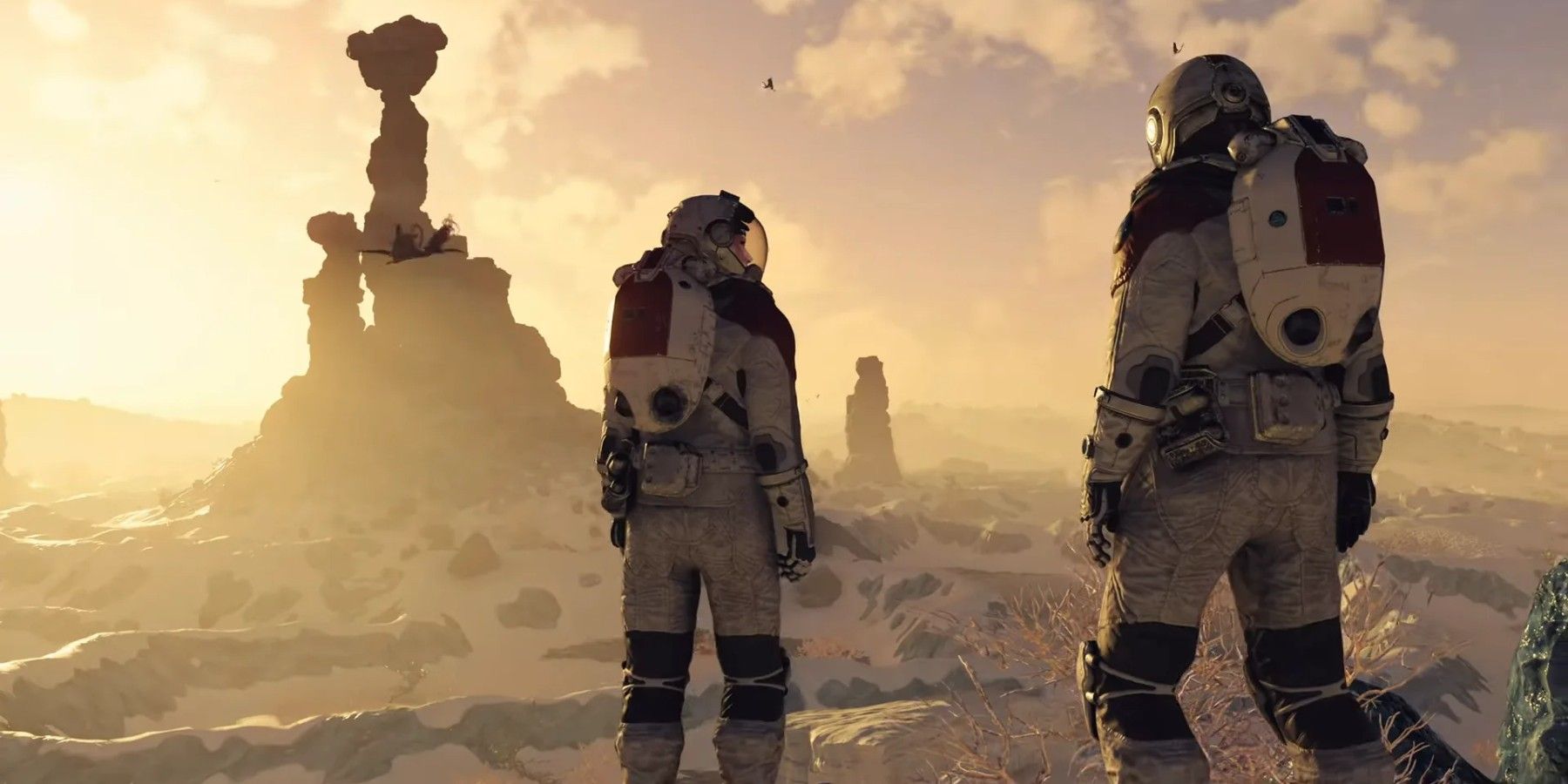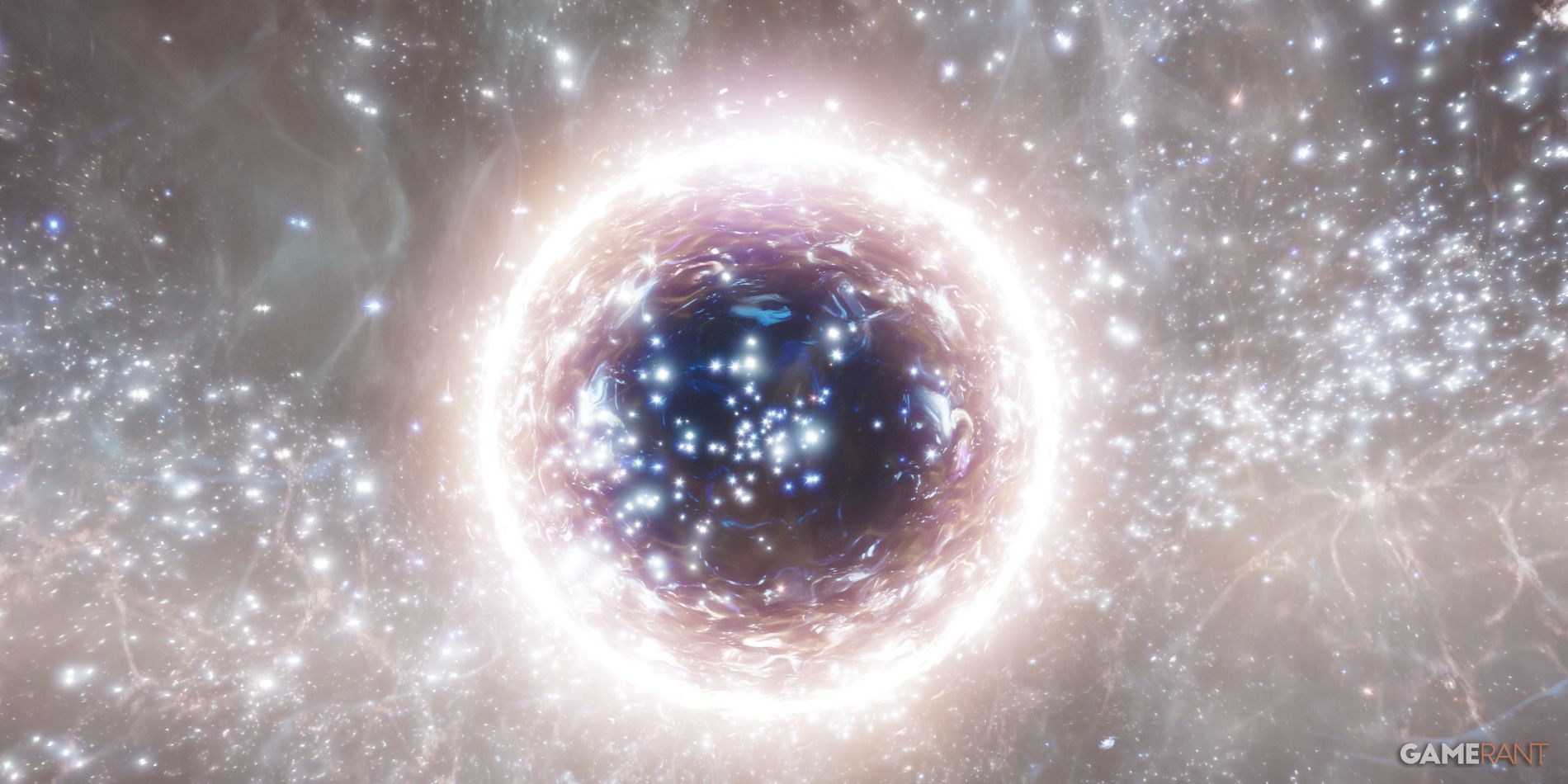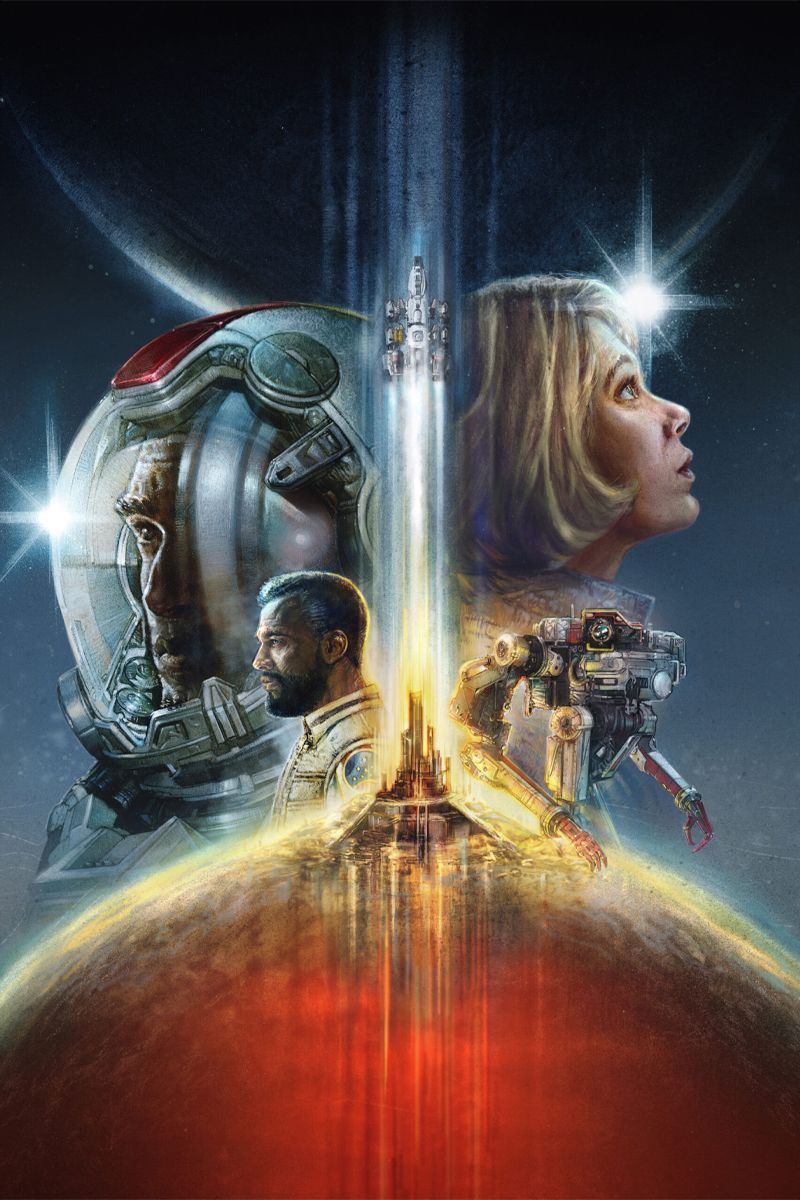WARNING: MAJOR SPOILERS for Starfield ahead. Proceed at your own risk.
Highlights
- Starfield's introduction of a multiverse opens the door for Bethesda to turn the sci-fi RPG into its own franchise, allowing players to explore drastically different versions of familiar worlds in potential sequels.
- The multiverse mechanic at the center of Starfield creates endless opportunities for storytelling, with alternate universes ranging from comical to depressingly bleak. However, the reliance on the multiverse concept may deter some players who are fatigued by its overuse in media.
- The abundance of multiverses in popular culture, including movies, TV shows, and games, could make it challenging for a multiverse-centered Starfield sequel to stand out. Bethesda would need to deliver a fresh take on the trope, offering unique alternate versions of the game's universe to keep players engaged.
When Starfield finally made its way to Xbox and PC in September after years of eager anticipation from gamers the sci-fi RPG included an unexpected twist in its story that few saw coming. The introduction of a multiverse during the latter half of the campaign not only came as a surprise given Starfield’s hard sci-fi setting, but it also unexpectedly opened the door for Bethesda to turn its latest open-world RPG into its own franchise. This narrative hook gives Bethesda the opportunity to take players to drastically different versions of familiar worlds in a potential Starfield sequel, but this sort of timeline-hopping tale could feel like more of the same in a media landscape already awash with multiverse stories.
Thanks to the multiverse at the center of its story, Starfield is perfectly positioned to be turned into a franchise. Starfield’s New Game Plus mode already offers players a glimpse of other paths the universe could have taken, but future sequels could double down on this to introduce some drastic alterations to the game’s sci-fi setting. But even though this could allow Bethesda to make Starfield into its next big franchise, the multiversal mechanic it relies on could prove to be a tough sell at a time when the concept has become an all-too-familiar trope in sci-fi media.
Starfield’s Multiverse Creates Endless Opportunities for Storytelling
After making their way through Starfield’s campaign and becoming a Starborn, players are free to restart their journey with the skills and knowledge from their last run intact. While the overarching events of the story remain largely consistent no matter how many times players choose to be reborn, Bethesda occasionally introduces some truly unexpected twists to these parallel worlds. These alternate universes in Starfield range from comical to depressingly bleak, but each one serves as a taste of the types of scenarios that could show up in a sequel.
Thanks to the multiverse at the center of its story, Starfield is perfectly positioned to be turned into a franchise.
From a sequel set in a universe where the members of Constellation are more concerned with conquest than exploration to a ruined version of the cosmos overrun with Starfield’s fearsome Terrormorphs, the storytelling options for sequels and spin-offs are endless. But even though the multiverse at the heart of Starfield’s story gives Bethesda the creative freedom to deliver countless permutations of the universe it created, the sci-fi storytelling mechanic may have worn out its welcome for some players. No matter how inventive the storyline or eye-catching its alternate worlds may be, a Starfield sequel wholly reliant on the multiverse could turn some gamers away.
Multiverse Fatigue Could Make Starfield Sequels a Tough Sell
The Overabundance of Multiverses in Media Could Hurt Starfield Sequels
While Marvel’s use of the multiverse in its movies helped cement the theory’s place in pop culture, its current ubiquity in media has led many to quickly grow tired of the concept. This could prove problematic for a Starfield sequel that leaned heavily into the storytelling mechanic, potentially turning some players away before they even had a chance to experience the game. Making things more challenging for Bethesda is the fact that, much like their big-screen counterparts, many recent games have made the multiverse a core part of their story.
No matter how inventive the storyline or eye-catching its alternate worlds may be, a Starfield sequel wholly reliant on the multiverse could turn some gamers away.
From the brutal and bloody Mortal Kombat franchise to the interconnected cartoon worlds of the HoYoverse Multiverse, multiverses have become just as popular in games as they have in TV and film. For a multiverse-centered Starfield sequel to stand out in the crowd Bethesda would have to deliver a fresh take on the popular trope, giving players alternate versions of the game’s universe that have more to offer than just surface-level changes to its story and setting.
By expanding on the multiverse-hopping mechanic introduced in New Game Plus, Bethesda has the opportunity to make Starfield its next big franchise. If they can deliver alternate versions of the game’s universe that feel truly unique, rather than just serving up the same locales with different set dressing, Starfield sequels could see players exploring the game’s galaxy for years to come.

